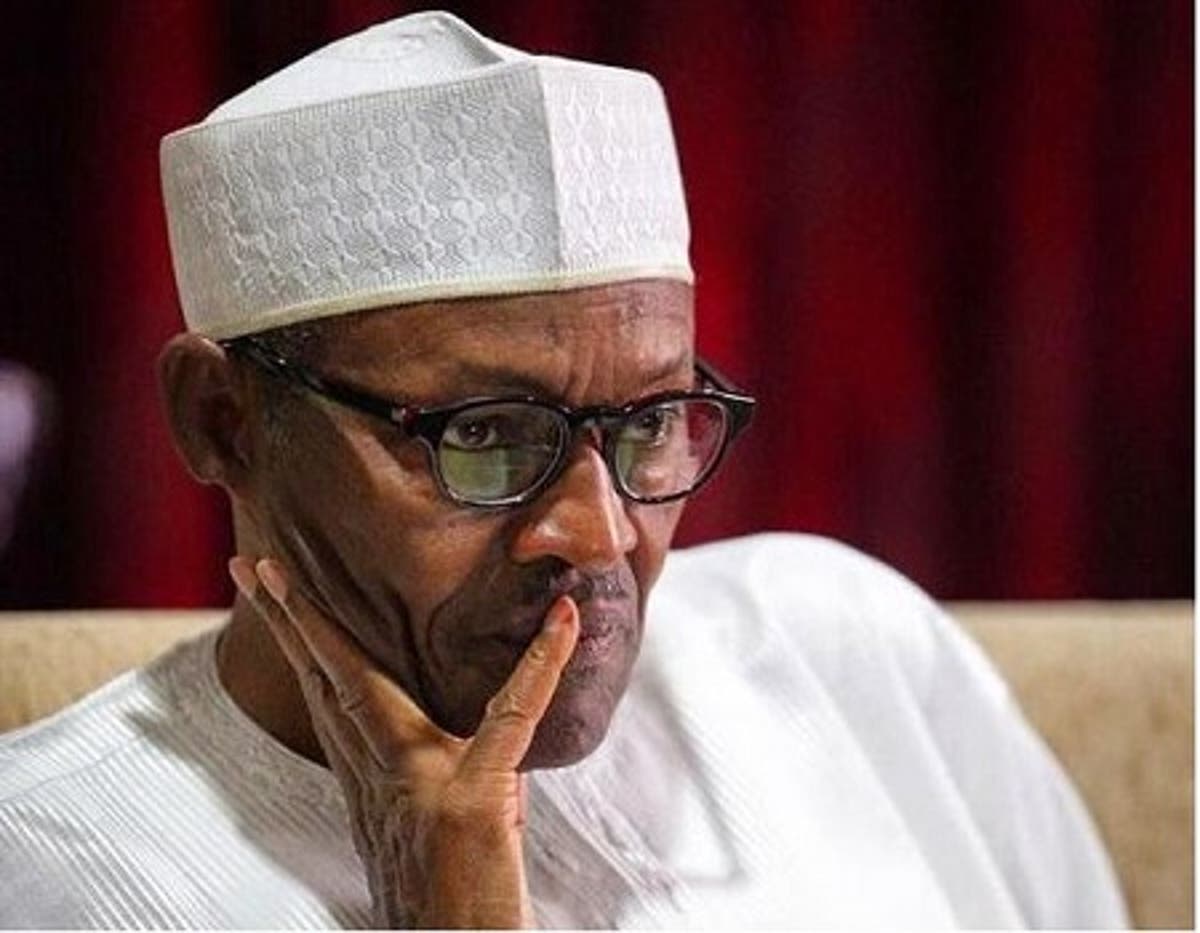Uncategorized
How pressures from foreign powers made Buhari sack two ministers
Published
3 years agoon
By
Editor 1
There are emerging indications that the sack of two ministers a fortnight ago by President Muhammadu Buhari may not be unconnected with pressures from certain foreign powers who were questioning the era of poor governance, insecurity, increasing poverty rate and hardship in Nigeria.
A source from the presidency disclosed, on the condition of anonymity, that some foreign powers, led by the United States (US), had contacted the Nigerian President complaining that they have reports of the intractable insecurity, dwindling economy, and failed promise of fighting corruption in the country. They were said to have also noted that reports available to them further indicated that the government appears to be run as though no one is in control.
The Nigerian president was said to have assured the foreign powers that he is in control and would respond, accordingly, to their observations; commending them for their interest in the affairs of Nigeria.
According to the presidency source, “the President’s immediate response was the sack of two ministers who include the Minister of Power and Minister of Agriculture, from the Federal Executive Council (FEC).” He added that the president has since then become conscious that his administration is closely monitored from the outside in evaluating the growth and development of democracy, as well as service delivery to citizens in Nigeria.
Some other ministers were said to have become jittery after the sack of the ministers of power, and that of agriculture by the president. The jittery ministers were alleged to have engaged in perceived ‘eye service’ activities to please the president and protect themselves from being sacked.
A certain minister was said to have been ‘redundant’ since his appointment into the FEC, with no clear responsibilities as the main responsibilities of his ministry have been transferred to an interventionist ministry coordinated by a female minister. The said minister was noted to have engaged the governor of his in war of words under the guise of fighting for his principal, the President, over the said governor’s constant critique of the All Progressives Congress (APC) government at the centre.
President Buhari had in a statement at the Federal Executive Council meeting, revealed that Mohammed Sabo Nanono, Minister of Agriculture and Rural Development, and Engr. Sale Mamman, Minister of Power, had been sacked and were vacating the cabinet.
The President stated that Dr. Mohammad Mahmood Abubakar, Minister of Environment, has been redeployed to the office of the Minister of Agriculture and Rural Development; and Engr. Abubakar D. Aliyu, Minister of State, Works, and Housing, redeployed as the Minister of Power.
The President explained that the changes had become necessary because of the “tradition of subjecting our projects and programs implementation to independent and critical self-review” through sector reporting during Cabinet meetings and at retreats.
The President added that “these significant review steps have helped to identify and strengthen weak areas, close gaps, build cohesion and synergy in governance, manage the economy and improve the delivery of public good to Nigerians.”
President Buhari had highlighted that the current Federal Executive Council was sworn-in on Wednesday, 21st August 2019, after a rigorous retreat to bring returning and new members up to speed on the accomplishments, challenges and lessons drawn from his first term in Office and to emphasise the 9 priority areas of government for the second term.
He noted that two years and some months into the second term, the tradition of subjecting government projects and programs implementation to independent and critical self-review has taken firm roots through sector Reporting during Cabinet meetings and at Retreats.
According to President Buhari, “these significant review steps have helped to identify and strengthen weak areas, close gaps, build cohesion and synergy in governance, manage the economy and improve the delivery of public good to Nigerians.”
He commended the cabinet for demonstrating unparalleled resilience that helped the government to navigate the disruption to global systems and governance occasioned by the emergence of COVID-19 shortly after inauguration. “The weekly Federal Executive Council meetings were not spared because the traditional mode was altered,” he said.
The president stated that change is the only factor that is constant in every human endeavour, adding that as the administration approaches its critical phase in the second term, he found it essential to reinvigorate the cabinet in a manner that will deepen its capacity to consolidate legacy achievements.
“Accordingly, a few cabinet changes, marking the beginning of a continuous process, have been approved. “They are as follows:
“Ministers Leaving the Cabinet: Mohammed Sabo Nanono, Minister of Agriculture and Rural Development, and Engr. Sale Mamman, Minister of Power.
“Redeployment: Dr. Mohammad Mahmood Abubakar, Minister of Environment, to assume office as the Minister of Agriculture and Rural Development; Engr. Abubakar D. Aliyu, Minister of State, Works and Housing to assume office as the Minister of Power.
“…I wish to reiterate once more, that this process shall be continuous,” President Buhari had said.
Trending

 Business7 days ago
Business7 days agoDollar crashes further against Naira at parallel market

 Business6 days ago
Business6 days agoRecapitalisation: Zenith Bank to raise funds in international capital market

 Education7 days ago
Education7 days agoArmy reveals date for COAS 2024 first quarter conference

 Football14 hours ago
Football14 hours agoGuardiola advised to take further action against De Bruyne and Haaland after both players ‘abandoned’ crucial game

 Crime7 days ago
Crime7 days agoFleeing driver injures two on Lagos-Badagry expressway

 Covid-196 days ago
Covid-196 days agoBritish legislator demands Bill Gates, other ‘COVID Cabal’ faces death penalty

 Business7 days ago
Business7 days agoZenith Bank surpasses N2trn earnings milestone

 Latest4 days ago
Latest4 days agoIsrael pounds Hezbollah with airstrikes after Iran attack

